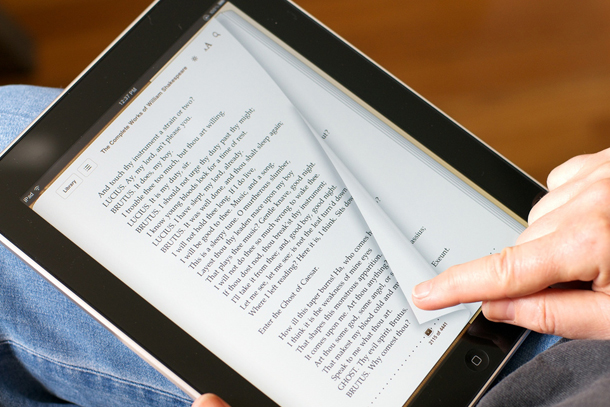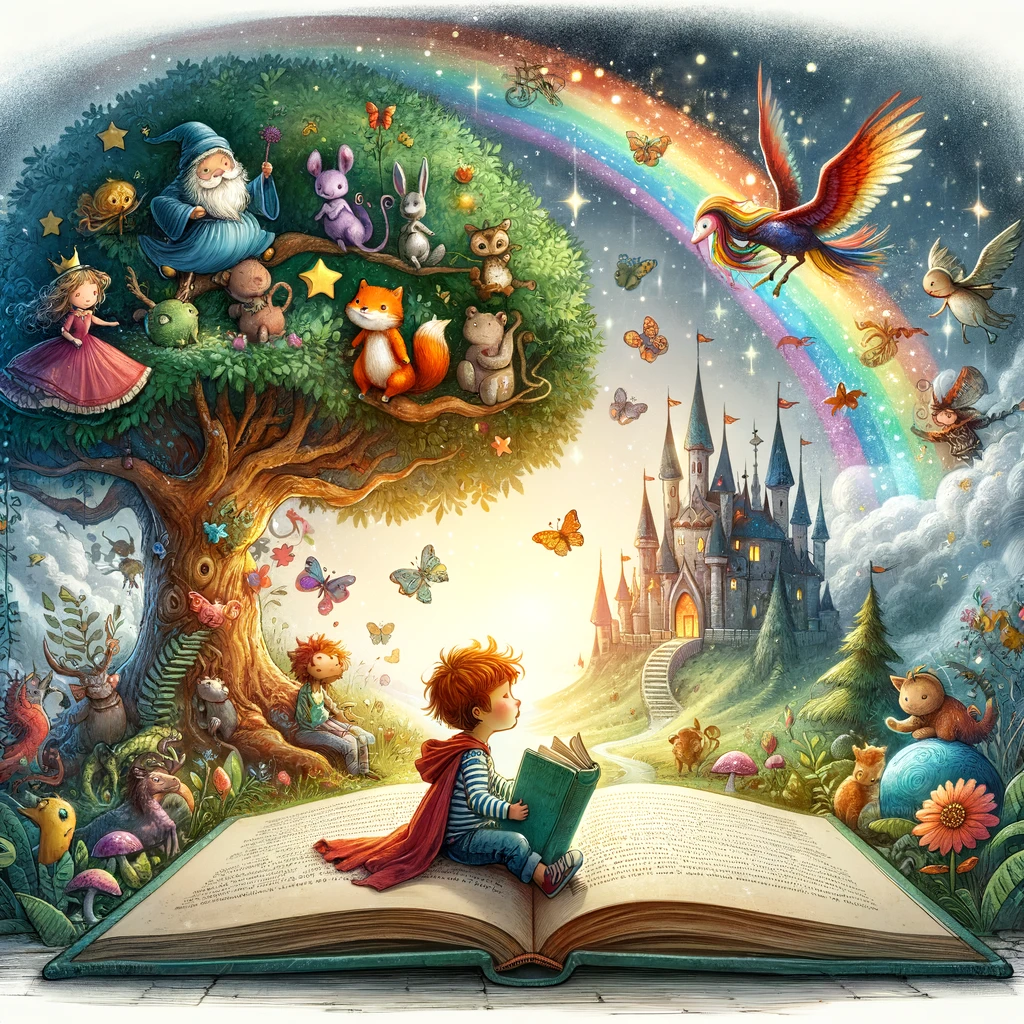Tech
Turning the Page: E-Books and the New Era of Reading

ntroduction The digital revolution has transformed numerous industries, and the world of publishing is no exception. The rise of e-books has significantly altered reading habits, the publishing industry, and the overall literary landscape. This article explores these changes and what they signify for the future of reading.
The Shift in Reading Habits The convenience and accessibility of e-books have led to a shift in reading habits. Readers now have instant access to a vast array of titles at their fingertips. This ease of access has encouraged more people to read and explore a wider range of genres and authors.
Impact on the Publishing Industry The digital era has democratized the publishing industry. Self-publishing has become a viable option for many authors, reducing their reliance on traditional publishing houses. This has led to a more diverse range of literature being available to the public.
Changing Economics of Publishing E-books have also altered the economic model of publishing. With lower production and distribution costs, e-books are generally cheaper than physical books. This has implications for authors' royalties, publishers' profits, and the pricing strategies of both.
Environmental Considerations The rise of e-books also presents an environmental perspective. Digital books reduce the need for paper, printing, and physical distribution, potentially lessening the ecological footprint of book production and consumption.
The Preservation of Traditional Books Despite the rise of e-books, there remains a strong attachment to physical books. Many readers still cherish the tactile experience of reading a traditional book. Libraries and bookstores continue to thrive, serving as community hubs and preserving the cultural heritage of physical books.
The Future of Reading Looking forward, the coexistence of digital and traditional reading seems likely. While e-books offer convenience and accessibility, physical books offer a sensory experience that many still value. The future of reading will likely be defined by this complementary relationship, catering to diverse preferences and situations.
Conclusion The rise of digital literature marks a significant shift in the world of books. As e-books continue to influence reading habits and the publishing industry, they create both opportunities and challenges. In this evolving landscape, the love for stories remains constant, whether they are read on a screen or on paper.










